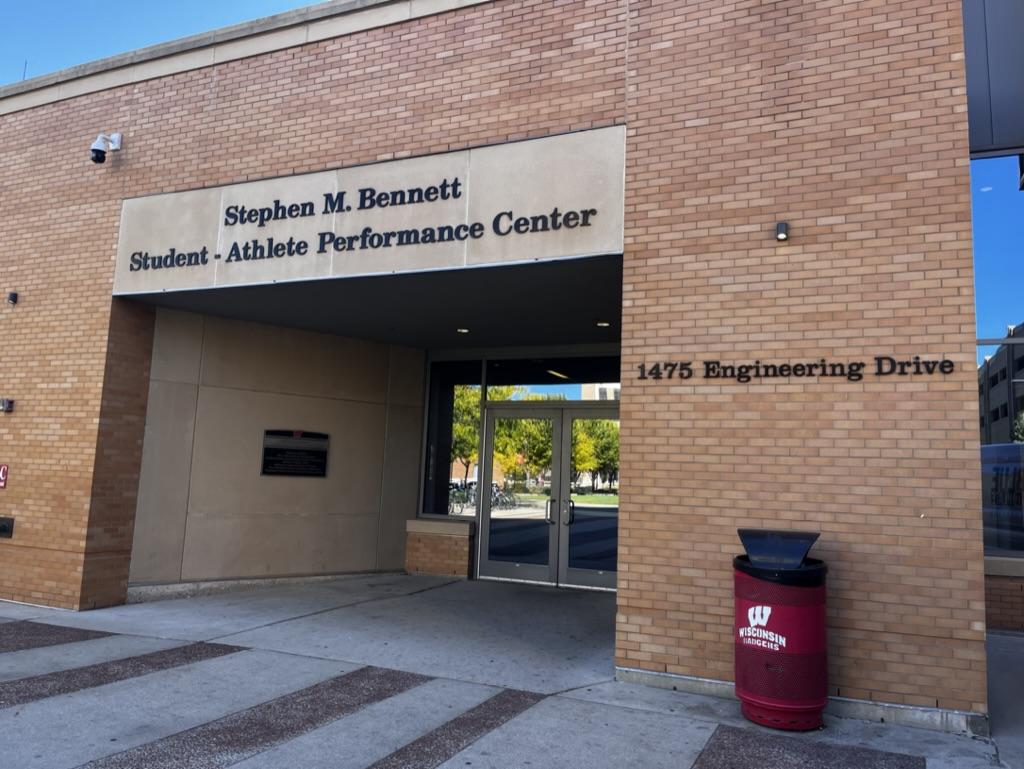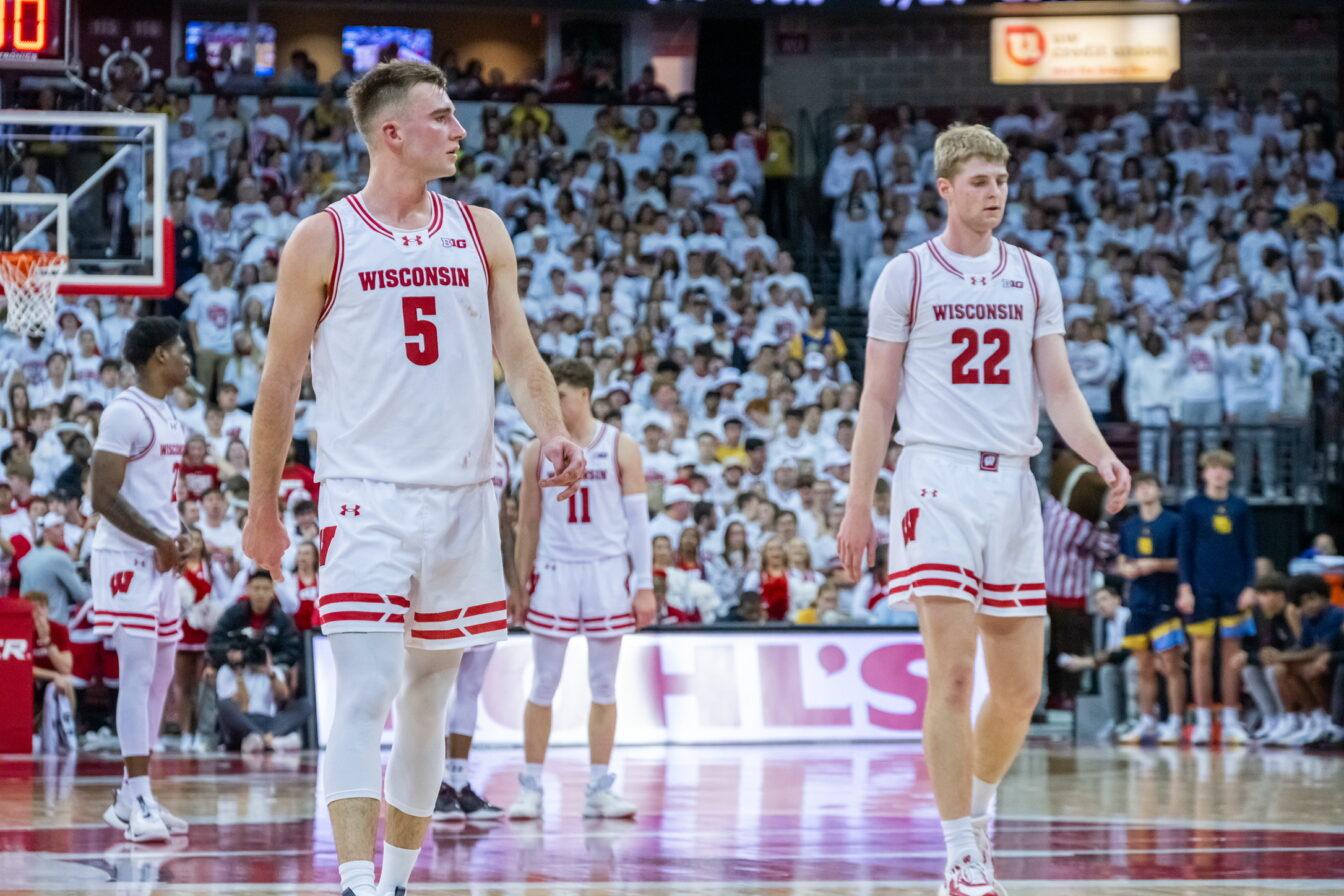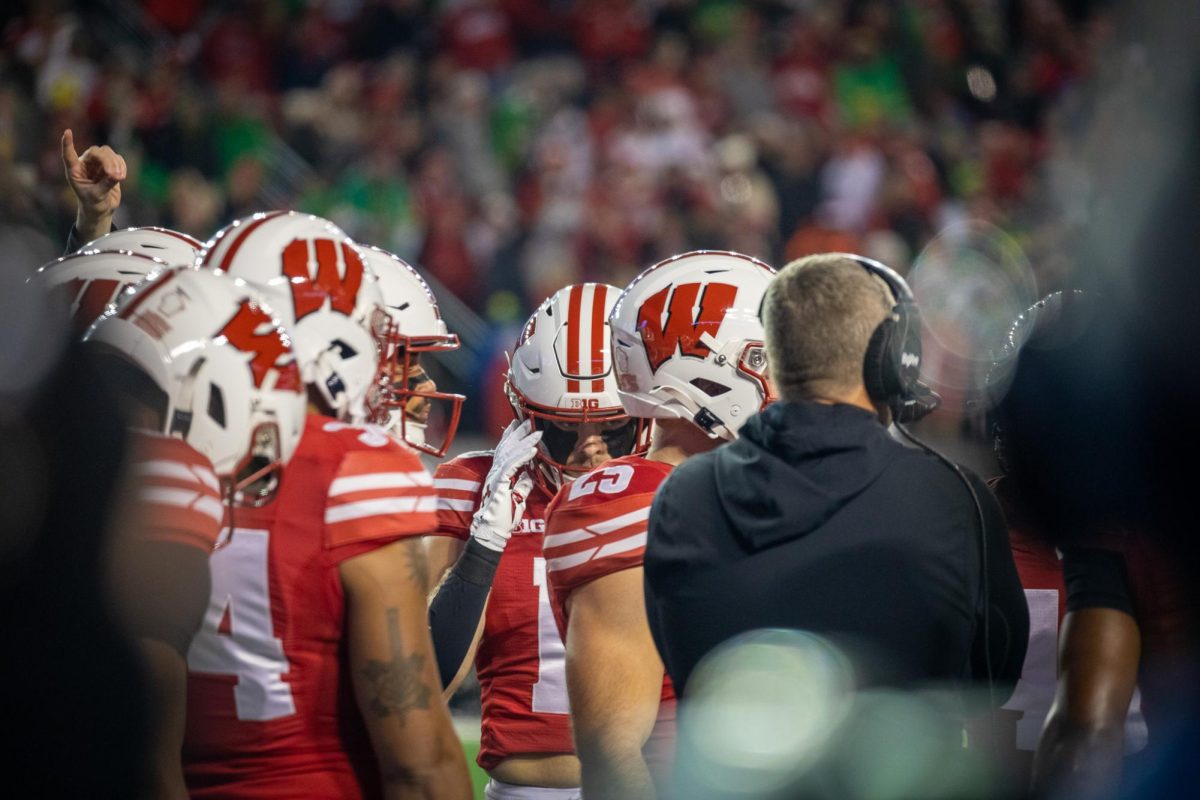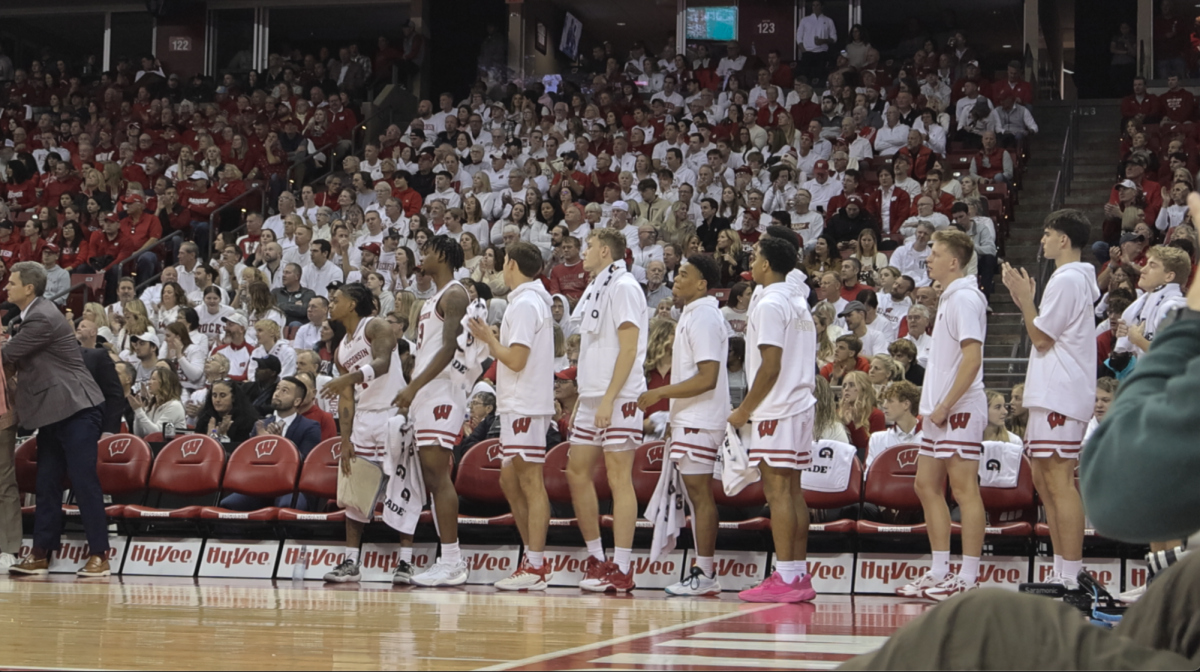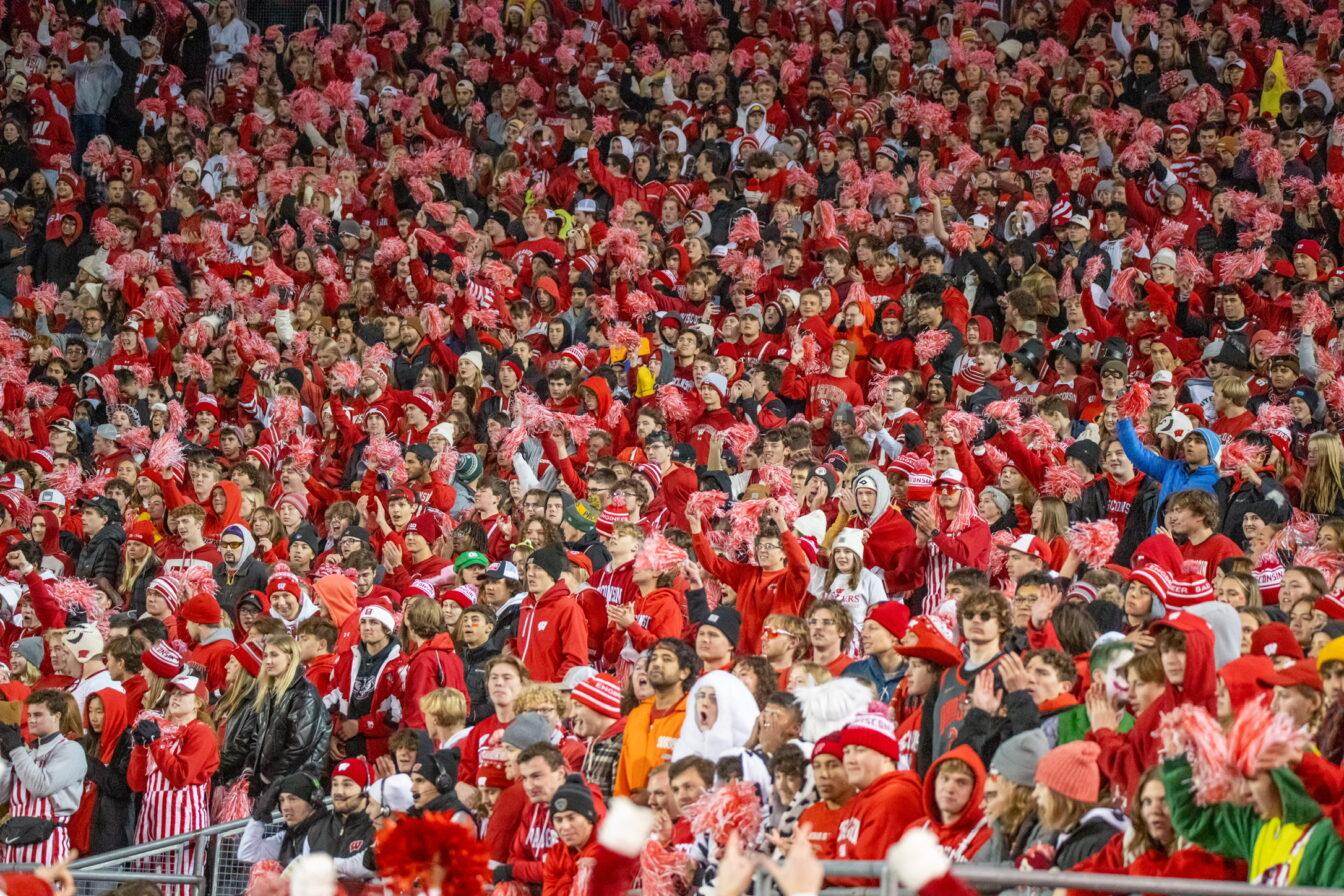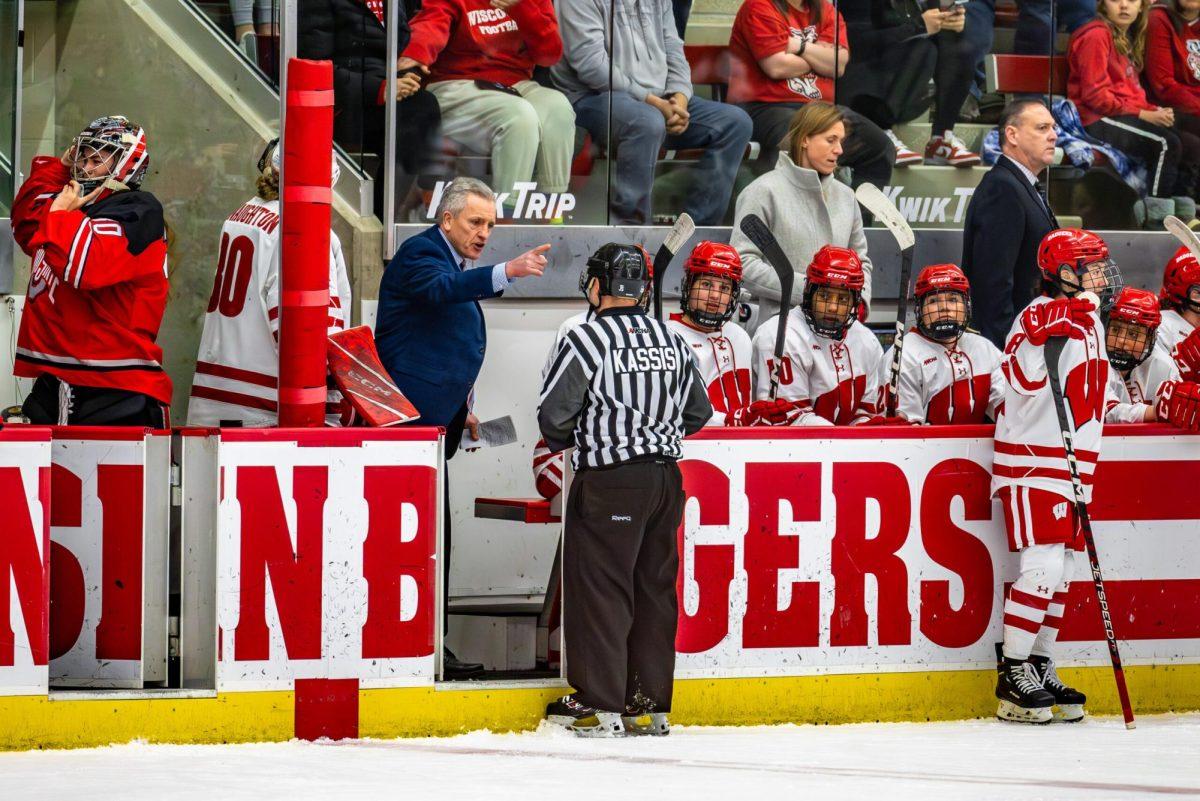At the University of Wisconsin, academics are a key component of a student-athlete’s life on campus. With workouts, competition and travel, amongst other tasks, a multitude of stress is put on the shoulders of individuals who participate in athletics at UW.
These student-athletes are finding support through the Academic Services program at UW, a segment of the Forward360 plan created by the university to help student-athletes find success in their college careers.
A student-athlete can discover themselves through their academic studies with the quality resources the university provides on a yearly basis. The Academic Services program offers academic advising, learning services, tutoring and mentoring to both current and returning Badgers.
“We maximize each student’s academic achievement opportunities at a top-tier university through personalized learning strategies and development planning,” the Academic Services’ homepage said in a statement of their goals.
Leading the way with that goal in mind is Assistant Athletic Director Academic Services Dan Rohrer, who has spent the past 11 years working with UW, stepping into his current role in 2019.
Rohrer is an alum of UW and is quite familiar with the campus. His experience — along with the members of his staff — create an inclusive and intelligent environment for student-athletes looking for academic guidance throughout their years here at Wisconsin.
“Whether that’s academically, whether that’s through their social and personal growth, whether it’s being successful on the field, on the court or in the pool, our job is to help them see all of the different opportunities that exist and coordinate those to give them the opportunity to be successful,” Rohrer said.
The Academic Services team has found the formula to accomplish said goal. It starts with an expansive staff that each takes on an athletic program at the university.
Each team is provided with a dedicated staff member, which ensures that each student-athlete has a personalized Academic Services member — benefiting their in-class performance and future class scheduling amidst in-season competition.
An individual from the support staff will schedule academic meetings with a student-athlete based on their needs. It can require a weekly or a monthly meeting for some — highlighting the personalization of academics.
Similar to what students enrolled at UW are offered, student-athletes receive the same treatment in the fact that they can determine when they need help and find it immediately.
“We have a team of 16, so we’re able to know those student-athletes on a one-on-one basis, whether it’s through advising, whether it’s through tutoring, whether it’s through learning services, whether it’s through career events,” Rohrer said. “We really take an individualized approach because we know every student on this campus goes through things differently.”
Longevity is a key aspect to the appeal of the academic and career services. Rohrer and his staff not only want to provide student-athletes with a path to success while they’re in school, but after their days at UW as well.
It begins with their work as a student enrolled on campus first, leading to a future full of promise.
“We are fortunate enough to have the opportunity to get to know student-athletes on a personal level, and help them through their academic and career journey here,” Rohrer said. “[Student-athletes have the] opportunity to explore classes, majors and career fields from before they get here until long after they leave.”
Due to their additional responsibilities as student-athletes — including travel time and daily practices — the Academic Services program powered through the Athletic Department can step in and help guide student-athletes to create balanced schedules.
These factors, along with the consistent use of feedback from student-athletes, have resulted in Rohrer and his team creating the Individualized Development Plan.
“We are taking into account student-athlete feedback to build out this opportunity for resources and the way that it is going to support them, not just the way we think it’s going to support them,” Rohrer said about the evolution of the IDP.
Ticket scalping grows at UW as enrollment increases, athletic programs excel
The program continues to evolve as the landscape of the NCAA shifts with conference realignment. With the addition of four PAC-12 universities, members of UW’s athletic teams will be required to travel farther and for longer periods of time for competition purposes.
This is a topic Rohrer and his staff have already become accustomed to with different student-athletes traveling for long periods of time, but will continue to emphasize in the future.
“We’re pretty intentional in terms of supporting them in how they’re choosing classes,” Rohrer said. “If there’s one semester they travel a lot, and another semester that they don’t, we want to make sure that they know what that looks like. If they’re in a science-heavy major, their labs are scheduled in the semester that they aren’t traveling as much.”
Ultimately, supporting the student-athlete and having them get the most out of the opportunities and resources that UW provides is the biggest goal for the Academic Services team.
On any given day, student-athletes are making a difference not only for their athletic teams, but in the classroom as well. UW currently has student-athletes pursuing 90 different degree programs — demonstrating how a wide range of athletes continue to excel at a high-achieving university.


